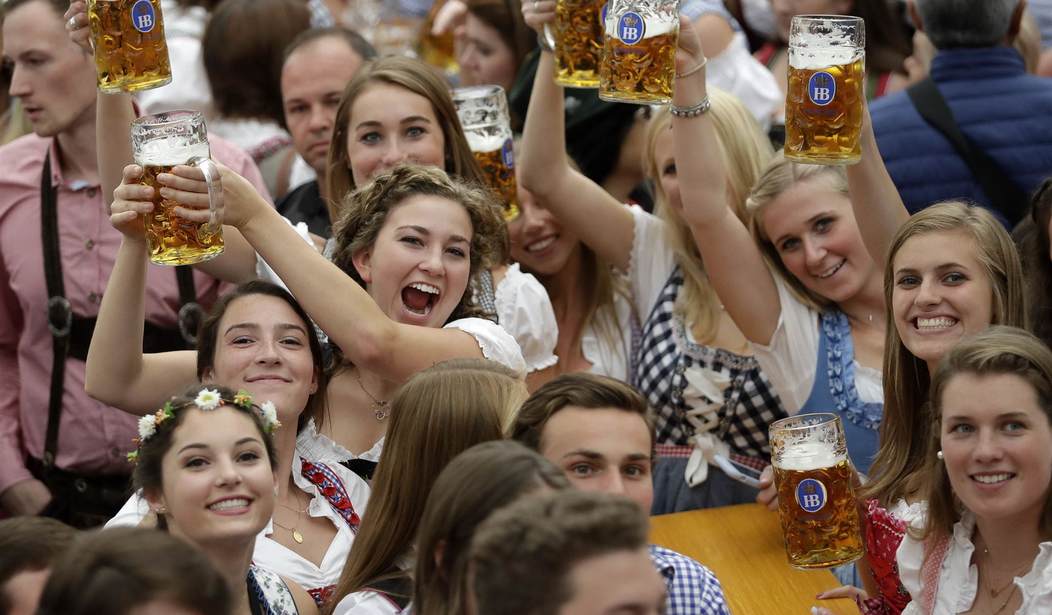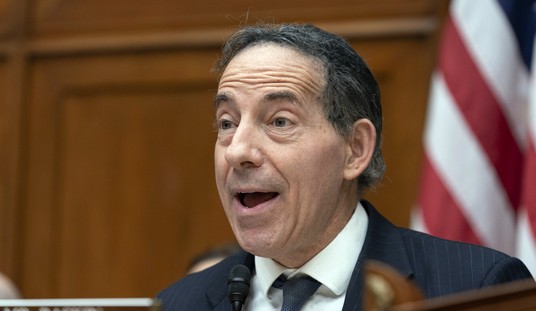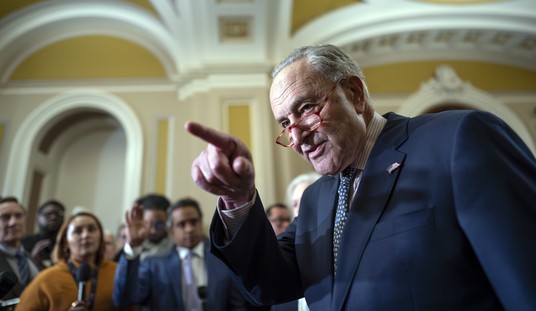Like many people across the fruited plain, I spent New Year's Eve just past seated at a table with a cold beer in front of me. These days, one beer lasts me a lot longer than in my suds-swilling youth, but I still enjoy a glass, and these days, my favorite tipple is Alaskan Amber from the Alaskan Brewing Company in Juneau. It's good stuff, and if my New Year's celebration involves beers in single digits instead of the prodigious intakes of years long ago, well, then, it just does.
There's a good argument to be made for quality over quantity, and for some years now, the American microbrew industry has really taken off. Back in the day, there weren't that many beers available, and they were all remarkably similar. But today? The beer market is an embarrassment of riches - and it turns out that we have the late President Jimmy Carter to thank for it.
Tributes honoring the life of former President Jimmy Carter continue to roll in following his death over the weekend, and while the 39th commander-in-chief is remembered for many contributions, the craft beer industry has long hailed him a "hero."
Boston Beer Co. founder Jim Koch, who famously launched his Sam Adams lager from home, credits Carter with sparking America's craft brew movement.
"It was absolutely true that Jimmy Carter relaxed the rules in 1979 to allow people to home brew," Koch told The San Diego Reader in an interview from 2022. "First time since Prohibition. And that helped begin this whole microbrewery process."
Beer lovers throughout America have more options than ever before thanks to Carter – who famously eschewed most alcohol because of his Southern Baptist beliefs – after he signed a law legalizing home brewing.
I won't speak to President Carter's near-teetotalling; he was entitled to his own character flaws, just like anyone else. But his deregulation of home brewing was a good thing, and it yielded some great fruit. The only problem is that it didn't go far enough. The federal government has no business regulating what people brew for their own consumption, and while the Carter administration's relaxing of the rules may have led the American drinking public, of which I am most assuredly a part, to develop much higher standards for beers.
The law deregulating private brewing was signed in 1978:
HR 1337, which Carter signed on Oct. 14, 1978, stated that any adult would be permitted to "produce wine and beer for personal and family use and not for sale without incurring the wine or beer excise taxes or any penalties" for up to 200 gallons brewed.
Why the 200-gallon limit? That's a bit of a head-scratcher, but we can presume that a limit was put in place to prevent illicit brewing for sale, although I'd point out that a few fine old American traditions started with moonshine runners; the practice of hopping up cars for performance largely started there and led in part to America's hot-rodding tradition.
See Related: Keith Olbermann's Train Wreck Remarks on Jimmy Carter
Jimmy Carter Is Gone; Let's Hope the Department of Education Ends With Him
From such seeds do mighty oaks grow:
In December 1978, barely two months after the federal legalization of home brewing, the American Homebrewers Association was established in Boulder, Colorado.
The American Homebrewers Association now estimates that between 500,000 and 750,000 Americans brew "at least one batch of beer at home" annually, according to its website.
Many craft breweries, including now-larger brands such as Boston Brewing Co. and Sierra Nevada, began as home-brew operations.
So, the next time you pour yourself a glass of craft suds - or order a good beer at your local dining establishment or watering hole - remember that, while James Earl Carter Jr.'s presidential legacy was decidedly mixed, at least he signed into law a bill that ended up giving us good beer, and that's not nothing.













Join the conversation as a VIP Member